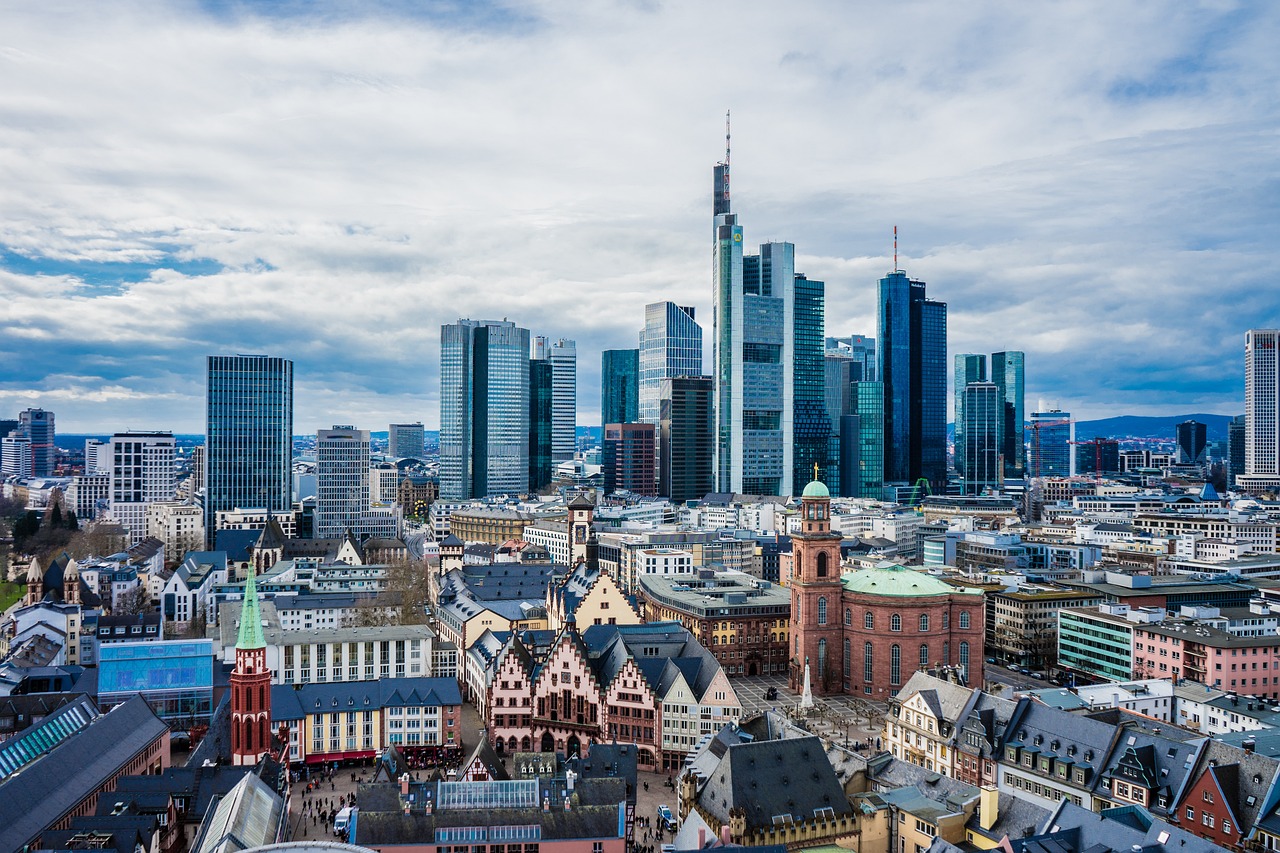
Is sustainability a cost or a value? The situation of the Agrifood sector
It doesn’t just have to do with the environment: sustainability is a constantly evolving concept that is essentially based on three pillars: environmental, economic and social. It is therefore a concept that does not remain isolated, but which merges with many aspects of society, becoming a transversal objective, common to many areas. It finds particular resonance precisely in agriculture, a sector that has to do with the health of the population and on which the quality and quantity of food available depends.
In this context, we therefore ask ourselves whether sustainability can represent added value or whether it is just an additional cost in the agricultural sector, as in many other areas of production.
As regards the agri-food industry, we know that it constitutes a backbone for the Italian economy, because it contributes considerably to the national GDP, employs over a million workers and generates an added value of around 65 billion euros. In 2022 alone, exports exceeded 60 billion euros.
The challenges
To understand whether sustainability can actually be a value or exclusively represent an additional cost for the agrifood sector, we need to reflect on the main challenges of our time.
Agricultural production is threatened by extreme events caused by the ongoing climate crisis (floods and droughts) as well as by new plant and animal species invading crops. Then, the challenge of ensuring enough healthy food for a constantly growing world population (could reach 10 billion by 2050). And finally the presence of international conflicts, which can undermine balances and compromise food security.
An evolving situation in which the agrifood sector must seek immediate and effective solutions. In this context, the energy transition towards renewable sources and the choice of an economic system different from the current one can constitute an important alternative. Promoting alternative energy and food sources compared to traditional ones also means guaranteeing prosperity and well-being through a more sustainable, fair and healthy economy.
At the basis of climate change and its most direct consequences, in fact, is an extractive and linear development model, intrinsically unsustainable, because it exploits resources without taking into account the fact that they are not infinite. A model that not only depletes natural capital, but also generates a surprising amount of waste, polluting the environment and compromising ecosystems and human health.
Because sustainability is a fundamental resource
Some identify sustainability mainly with the environment and energy, while others associate it with economic growth. However, it must be underlined that, as we said at the beginning, there are three main aspects of sustainability and they include the main macro-areas of our system – environment, economy and society – all equally crucial and closely interconnected.
When we talk about sustainability, we don’t just consider it a tool to mitigate pollution and fight CO2 emissions: it is also part of a system of adaptation to the consequences of climate change. It not only concerns carbon emissions from fossil fuels, but involves the entire spectrum of pollution generated by agriculture and industry, with impacts on terrestrial and aquatic ecosystems.
The ecological transition is a complex process that includes the transition towards renewable energy, the transition towards regenerative agriculture for the environment and health and the transition towards a circular economy that integrates the production and disposal of goods in a clean. The main objective is the well-being of citizens and triggers a virtuous circle, in which everyone, aware of the advantages of an eco-compatible system, becomes more attentive and responsible.
From the point of view of companies, sustainability can only represent an important source of economic value, rather than a cost in itself: being more sustainable allows you to reduce operational risks, acquire a positive reputation, reduce costs, gain market shares and reduce the cost of capital.
What is certain is that the complexity of this process requires a systemic approach, which includes all actors and all areas of society.
Agriculture as an ally of sustainability
Although agriculture and livestock farming are among the main sources of greenhouse gas emissions, these sectors can also become precious allies in promoting environmental sustainability, thanks to new solutions and innovative projects.
Sustainable agriculture manages to combine environmental advantages with economic benefits, making those who invest in this practice more competitive and resilient, at the same time contributing to the well-being of communities and the surrounding environment. This model promotes an inclusive, replicable and strongly focused approach on both the environment and people’s well-being.
It may be interesting to remember that, on a psychological level, something becomes desirable if it allows you to obtain benefits. In the case of sustainability and ecological transition, this becomes socially attractive when it generates employment, preserves communities and promotes territorial identity. And this is a principle that certainly finds application in the agricultural sector, in which more and more companies are abandoning the approach focused on quantity and low costs in favor of high quality products linked to the territory.
Let’s think about the wine sector: this transformation has led to a notable increase in Italian wine exports, reaching 8 billion euros last year alone.
But not only that: there are many agricultural activities which, through targeted projects, promote social inclusion, employment and rehabilitation.
The challenges that the agrifood sector as well as many other areas will be forced to face in the coming decades require a multidimensional approach, with long-term projects and the support of institutions. In this context, sustainability plays a key role and becomes an important added value, not just a mere cost.








